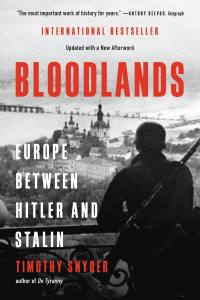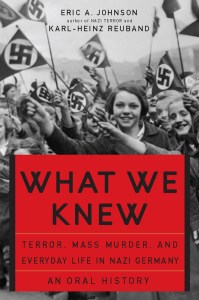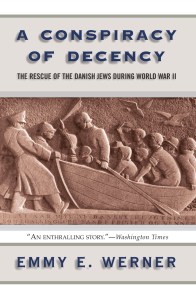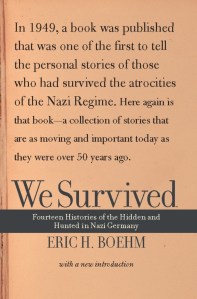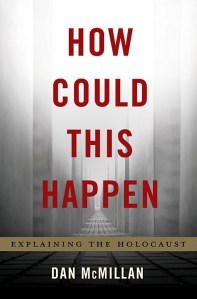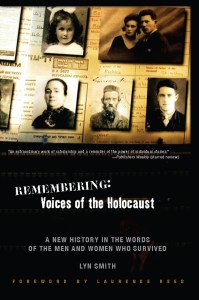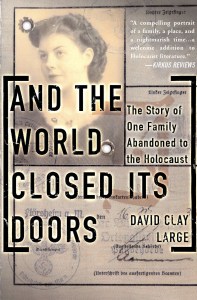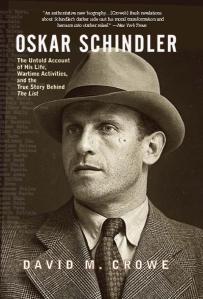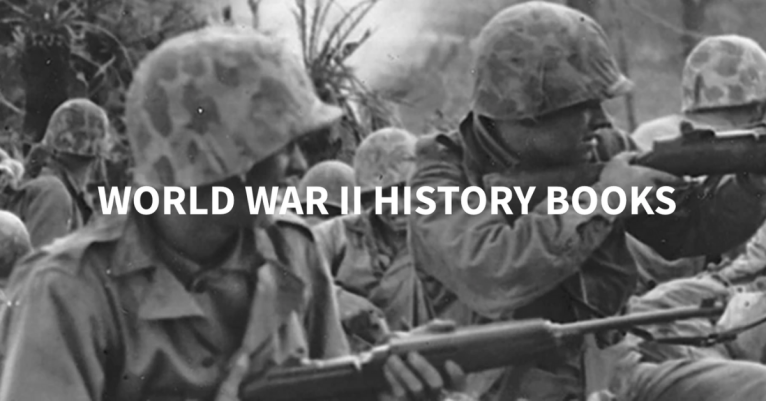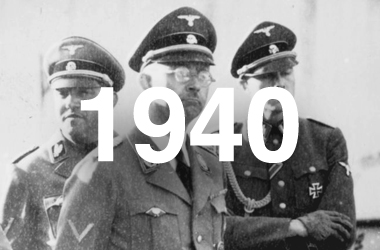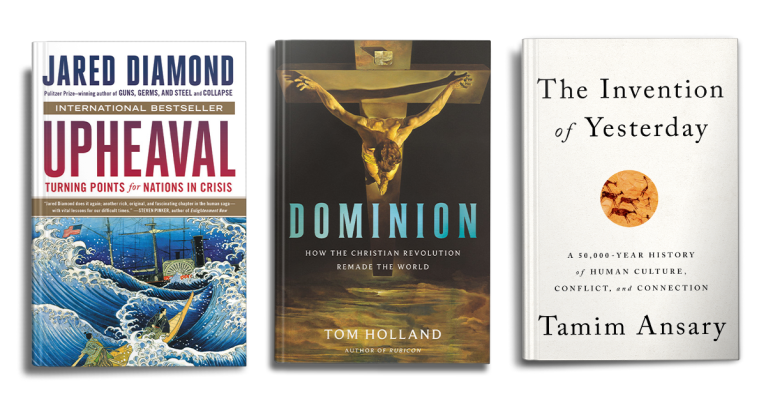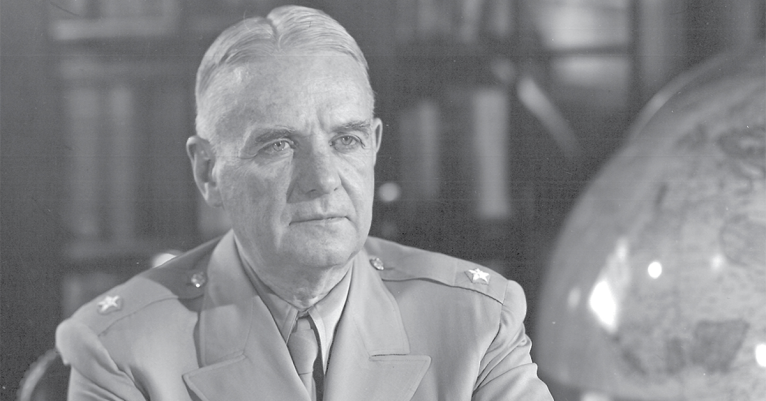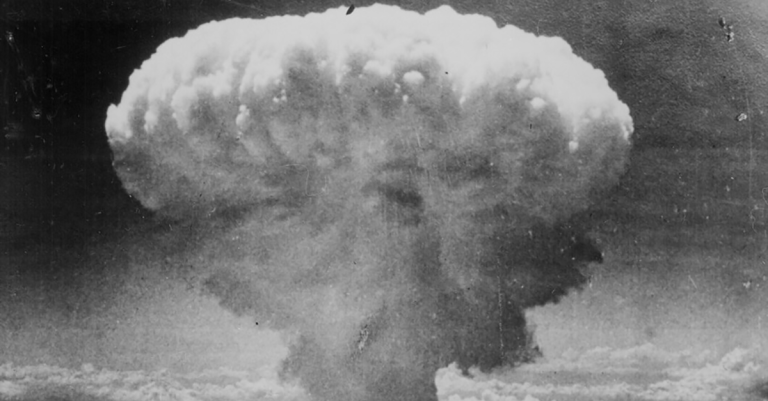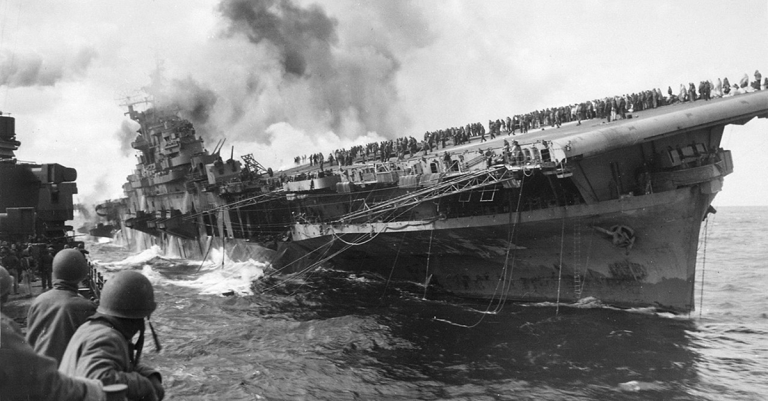13 Important Books About the Holocaust
It’s important that we never forget the horrors inflicted upon the Jewish people and many other marginalized populations during World War II. The loss of life was tremendous, and we have a responsibility to bear witness to these atrocities so we can ensure that something like this never happens again. These Holocaust memoirs and nonfiction books will help contemporary readers understand what so many people went through, and honor the millions that died senselessly.
Although the Soviet Union was part of the Allied forces, what so many Americans didn't know at the time was that Josef Stalin was just as cruel and murderous as Hitler. He was responsible for the deportation, imprisonment, and murder of six million Jewish people, and just as many other Europeans and Soviet citizens—and his wartime killings weren't widely known for many years thanks to the Iron Curtain that fell not long after the end of WWII. This book looks at an American ally critically, shedding light on lesser-known deaths.
Although many people believed after WWII that ordinary citizens couldn't have known about the Holocaust during the war, the fact remains that the discrimination, persecution and murder of millions of people didn't just happen. Eric Johnson's book analyzes what everyday life was like in Germany during the rise of the Third Reich, how people coped, survived, and justified what was happening, and just how much people really knew about the Nazi's evil.
When it became evident that Hitler was about to invade Denmark, one brave German man helped raise the alarm and warn Danish Jews that they were in grave danger, and the Danish resistance mobilized to smuggle the majority of the country's Jewish people to Sweden. Emmy Werner interviewed many of the eyewitnesses who were involved in this rescue, providing a rare firsthand account of a tremendous and organized act of courage.
First published in 1949, this book was a groundbreaking work that revealed how fourteen different people—some Jewish, some Germans who opposed Hitler's ideologies—survived being hunted by the Gestapo, being imprisoned in concentration camps, and the violence of war. This is both an important testimony to the horrors of WWII, and a vital historical document that exposed those horrors to a shocked world.
In studying the Holocaust and WWII, the loss of life and cruelty can be overwhelming, and people want to know how it could have even gotten that bad. Historian Dan McMillan takes a wide approach to understand the Holocaust by examining the various systems of power in place, the causes and effects, and the factors both manufactured and coincidental that went into shaping the Holocaust. This is a book that helps people understand history on a macro level, allowing them to see many connections between events and places.
This book incorporates so many firsthand accounts of people who survived the rise and fall of Hitler's Third Reich, originally recorded for the Holocaust Museum in Washington D.C. and London's Imperial War Museum. It also includes accounts of non-Jewish people who were targeted by the Nazis, such as Romani, LGBTQ+ people, and Jehovah's Witnesses. This is another essential firsthand account.
David Clay Large reveals one of the great tragedies of the early years of Hitler's rise to power: German Jews tried to flee, but no one would grant them asylum. This book follows the story of Max Schohl and his family, who were wealthy German Jews who were also educated and well-connected, with family in the United States and job offers from American universities. Nonetheless, the Schohl family couldn't get the visas they needed, and they were eventually arrested and sent to concentration camps. They left behind an enormous collection of letters and documentation revealing the rest of the world's indifference to their plight.
Schindler's List is one of the most popular films about the Holocaust, but this nonfiction book tells the more complicated story about the man who is credited with saving over a thousand Jewish people. Oskar Schindler was an opportunist, a sometimes collaborator with the Nazis, and he's not at all entirely responsible for the creation of the famous list. He faced exile after the war, died in poor health, and was criticized by his wife after the appearance of the film. This is a fascinating account of a real person that reveals humanity desire to romanticize and dramatize WWII.
Although many readers may not have the emotional bandwidth to read all of these books at once, each of these nonfiction Holocaust books and Holocaust memoirs provides an essential viewpoint on a horrific period in history, and it’s worth taking the time to read these stories.
By clicking ‘Sign Up,’ I acknowledge that I have read and agree to Hachette Book Group’s Privacy Policy and Terms of Use
